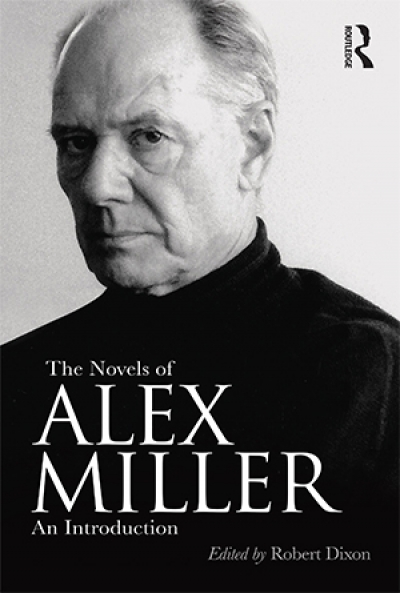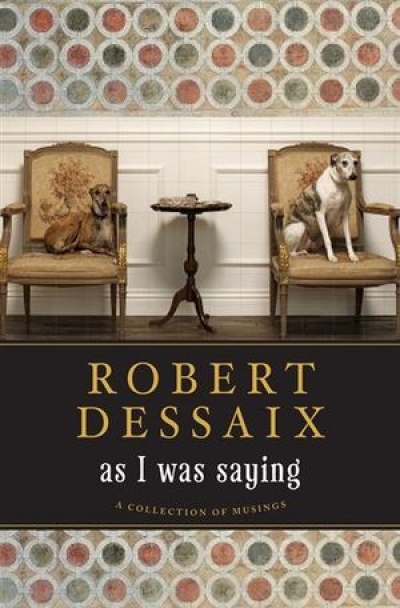Jane Goodall

Jane Goodall is a freelance writer and adjunct professor with the Writing and Society Research Group, University of Western Sydney. Her work has appeared recently in Griffith Review, Inside Story, and The Conversation. She won the Calibre Prize in 2009.
‘I’m sitting in my tower, cogitating.’ Well, Dessaix admits, it’s not a real tower, though he likes to think of it that way. Actually, it is an elevated writing room in his house in Hobart, with a view of the mountains to the west. He is cogitating, not meditating – he’s particular about this – and the thoughts he proceeds to capture on the page are those of a mind given to rambling. ... (read more)
Address to the reader is one of the conventions of the modern essay form, going back to Montaigne, who includes a statement of address by way of an introduction to his collected writings. A question or series of questions refreshes the direct address along the way, accentuates the sense of voice, and vitalises the connection by supposing the reader as an interlocutor, someone whose responses may b ... (read more)


